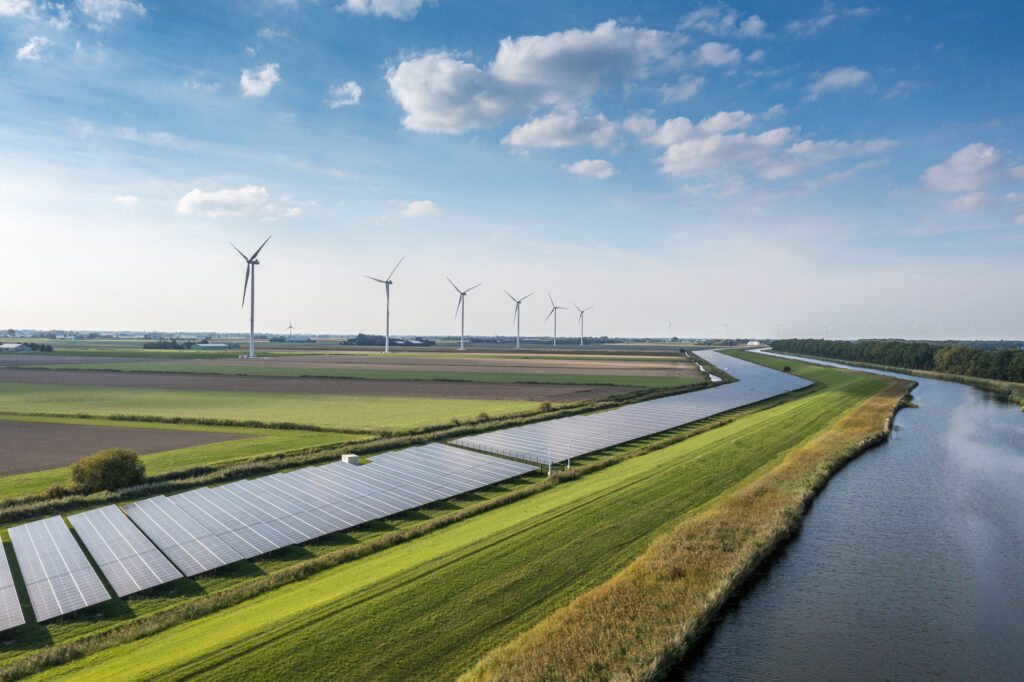New EU legislative “deregulation” proposals from Brussels first published in February this year, alongside new powers for the Competition and Markets Authority here in the UK, remind us that we’re facing uncertain times in the world of ESG (Environmental, Social and Governance), as businesses continue to grapple with how to do the right thing whilst looking after the bottom line.
Balancing values and profit
Whilst the two should be complementary and not mutually exclusive, when faced with unparalleled pressures, including stubbornly high energy prices at home and global tariff mayhem, it must be tempting to put ESG on the back burner as a “nice to have”.
Regardless, for many businesses the case is made that a coherent ESG policy delivers very real business benefits. It’s hard to argue that climate change, supply chain vulnerabilities and sustainability-driven consumer demands are somehow temporary phenomena that will blow over in time.
The global backlash – is ESG at a crossroads?
However, we may be experiencing a short-term “correction”. The Trump presidency has triggered something of a backlash against ESG principles, with overt scepticism of corporate sustainability strategies, climate risk mitigation and DEI initiatives. And now we have a new set of “deregulation” proposals from the EU, designed to roll back key elements of ground-breaking EU law on non-financial reporting and wider due diligence and related obligations around human rights and environmental standards across global value chains.
What the EU’s ‘deregulation’ means in practice
With EU business competitiveness in mind, these EU deregulation proposals – so-called Omnibus legislative proposals – affect the scope, extent and timing of non-financial reporting under the Corporate Sustainability Reporting Directive (CSRD), as well as aspects of the related Corporate Sustainability Due Diligence Directive (CSDDD, or “CS-triple D”), and EU taxonomy (including significantly reducing the number of data points to be collected and monitored).
The CSRD requires extensive disclosures in annual reports about how a business is affected by sustainability issues, as well as how the business itself impacts on various sustainability issues related to people and the environment. In contrast, the CSDDD will require companies to identify, prevent, mitigate and report on adverse environmental and human rights impacts in their operations and supply chains.
Why UK businesses should still pay attention
Both directives have a phased implementation and can impact on UK corporates if they have significant business activity in the EU including indirectly by being embedded in EU supply chains.
The Omnibus proposals, confirmed most recently by a vote of the European Parliament on 1 April, are not yet law but if enacted would deregulate, by removing mandatory reporting obligations for 80% of companies, loosen due diligence requirements, and delay sustainability disclosures.
They are putting many corporates in a quandary, especially smaller businesses and SMEs who would fall out of scope. With implementation well underway for many and not a trivial exercise, and the Omnibus being a proposal only which could take 6 to 9 months to become law, how to react?
The risk of doing too little – or saying too much
One answer is to look at this as something beyond a regulatory compliance exercise, and to approach from the perspective that time and effort improving sustainability practices and embedding improved risk management is likely to be well spent.
But for those businesses who don’t need persuading of the real business benefits of a coherent ESG policy, it can be too easy to make exaggerated ESG claims, and recent developments closer to home are ramping up the litigation risk in this area.
Greenwashing and the rise of enforcement in the UK
The risks arise from making ESG claims without appropriate care and diligence. Under the new Digital Markets, Competition and Consumers Act, which came into effect on 6 April 2025, the Competition and Markets Authority (CMA) can now impose fines of up to 10% of a company’s global annual turnover for breaching consumer protection laws by greenwashing (for example, unsubstantiated claims of “carbon neutral” or “plastics free”). Crucially, the CMA can do this directly without going through the court process.
This is going to make it even more important that ESG data, whether collected and reported by corporates and their supply chain under EU law, or on a voluntary basis, is subject to robust and proportionate checks and validation. This sits alongside a very clear trend towards increased accountability of corporates for ESG harms, and class action risk, not to mention regulatory risk from the FCA and sectoral regulators, as well as the Advertising Standards Authority, related to misleading claims concerning products and services.
Keeping ESG on the agenda
With increased talk around ‘green hushing’ – whereby sustainability efforts are downplayed for fear of being accused of greenwashing – it risks driving ESG underground, and just at a time when companies should be holding their nerve and doubling down on ESG efforts.
Despite the short-term uncertainties, the longer-term direction of travel is clear.
How we can help
Whether you’re preparing for upcoming EU requirements, responding to the new CMA enforcement regime, or reviewing your supply chain policies, we can help you make informed, strategic decisions.
If you want to learn about ESG, visit our Is ESG Still Top of the Agenda for UK Corporates? page to learn more




